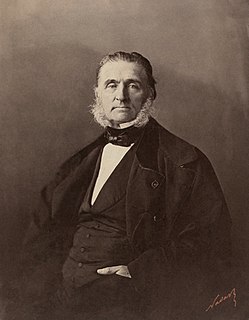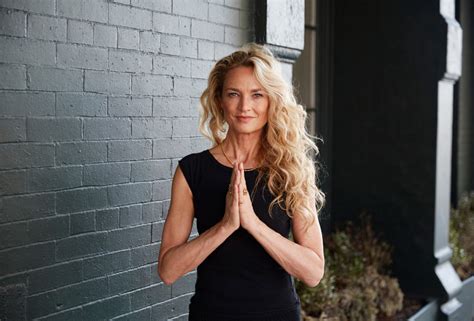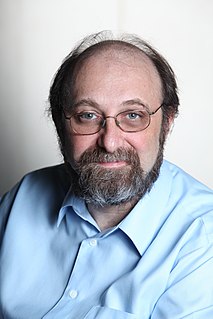A Quote by Robert C. O'Brien
Ventilators can be reused but hospitals need a sufficient supply to treat critically ill patients while still allowing enough time for each ventilator to be refurbished between patients.
Related Quotes
I am a spiritual person. I'm a Catholic. I treat my patients, the dead patients, as live patients. I believe there is life after death. And I talk to my patients. I talk to them, not loudly but quietly in my heart when I look at them. Before I do an autopsy, I must have a visual contact with the face.
We achieve active mastery over illness and death by delegating all responsibility for their management to physicians, and by exiling the sick and the dying to hospitals. But hospitals serve the convenience of staff not patients: we cannot be properly ill in a hospital, nor die in one decently; we can do so only among those who love and value us. The result is the institutionalized dehumanization of the ill, characteristic of our age.
Pretty much everybody knows there are not enough organs for all of those patients who need to get transplants, and what happens is, is that organs are actually directed in liver transplantation to those patients who are the sickest. So the patients who have the greatest chance of dying in the next three months or so are the ones who get the priority for the liver transplant.
A central notion in the Affordable Care Act was we had an inefficient system with a lot of waste that didn't also deliver the kind of quality that was needed that often put health care providers in a box where they wanted to do better for their patients, but financial incentives were skewed the other way... We don't need to reinvent the wheel; you're already figuring out what works to reduce infections in hospitals or help patients with complicated needs.
Treating only terminal cancer patients, the Rand (anti-cancer) vaccine produced objective improvement in 35% of 600 patients while another 30% demonstrated subjective improvement. FDA stopped the vaccine's use in a federal court hearing where neither the cancer patients nor their doctors were allowed to testify.




































